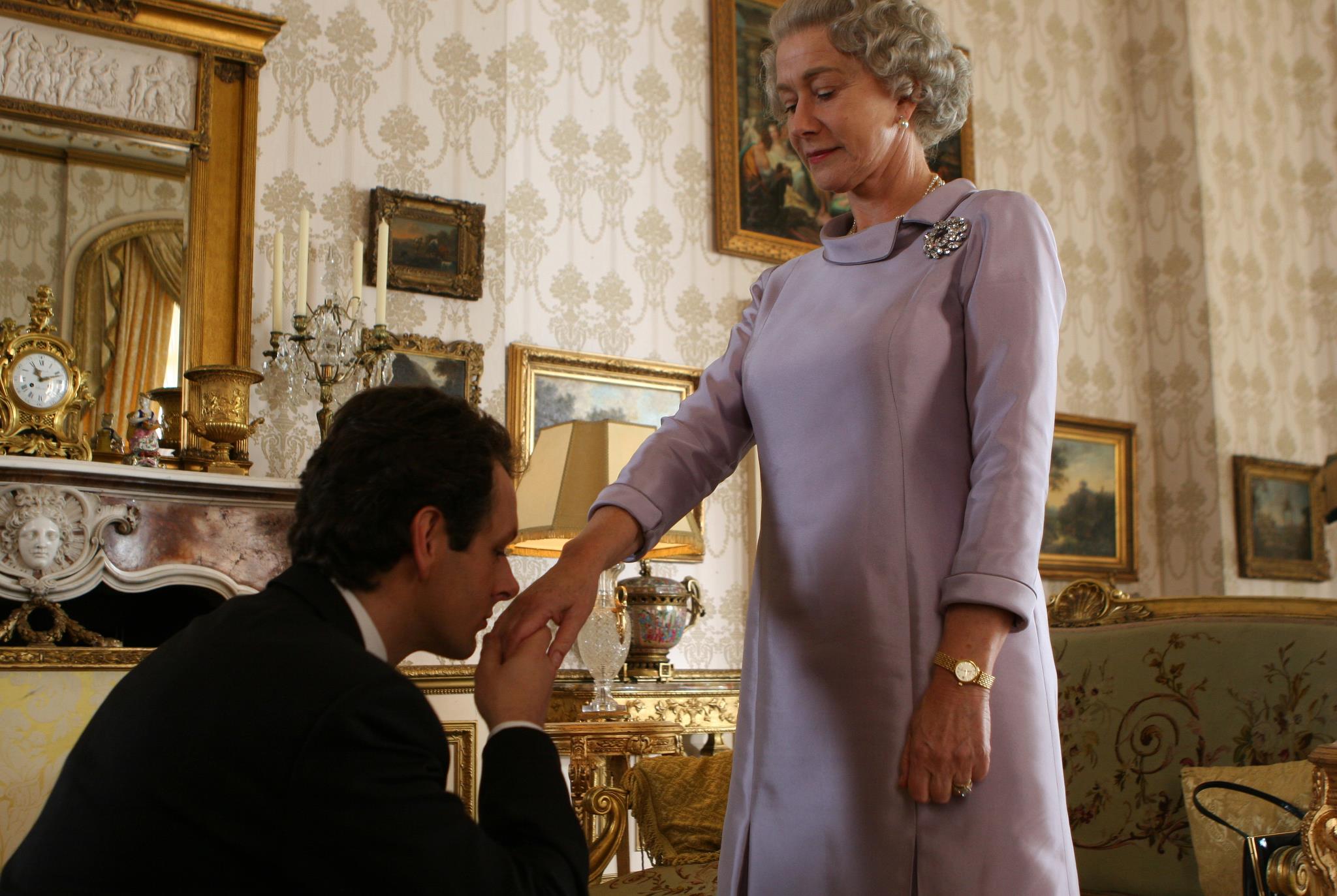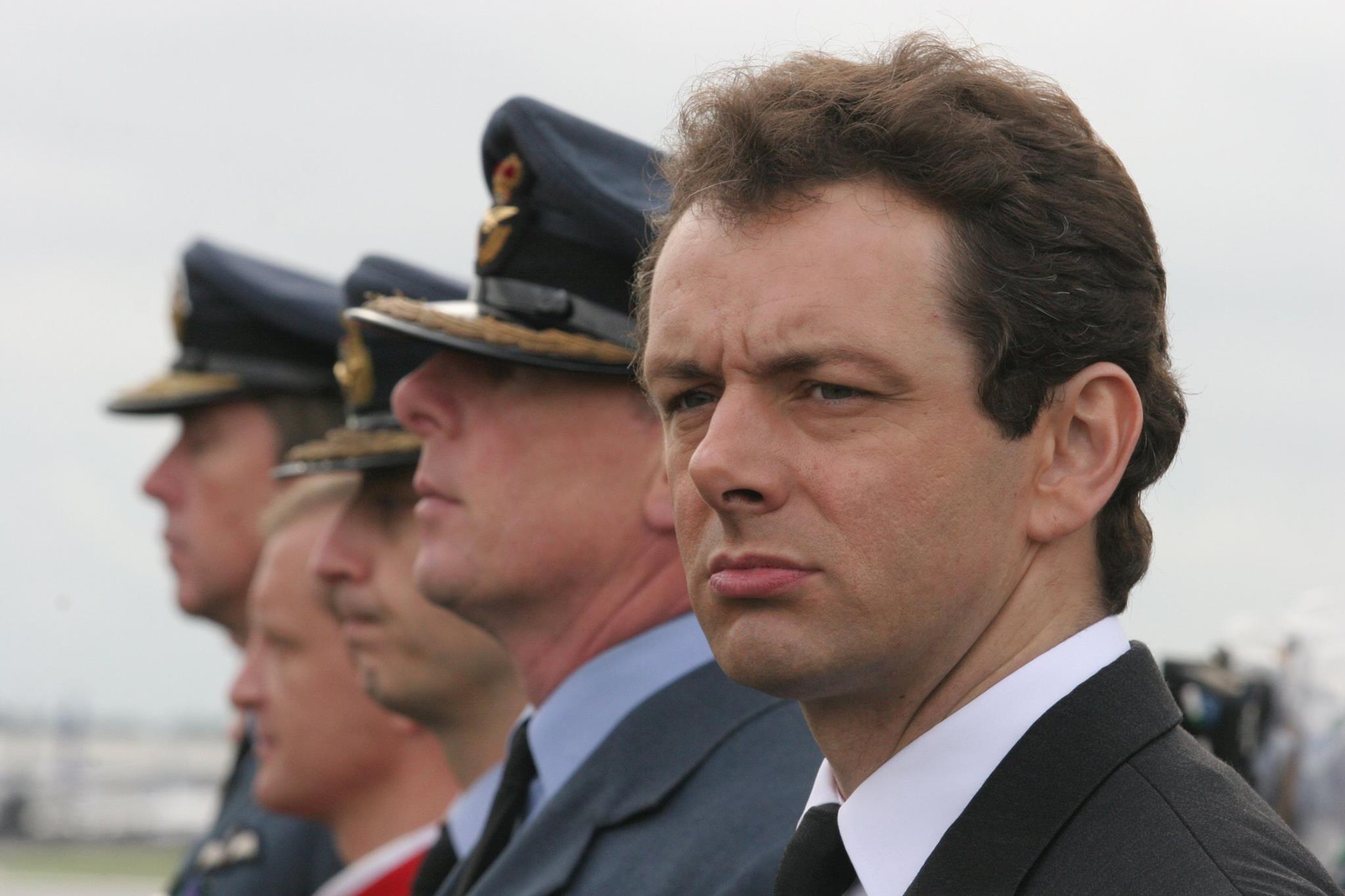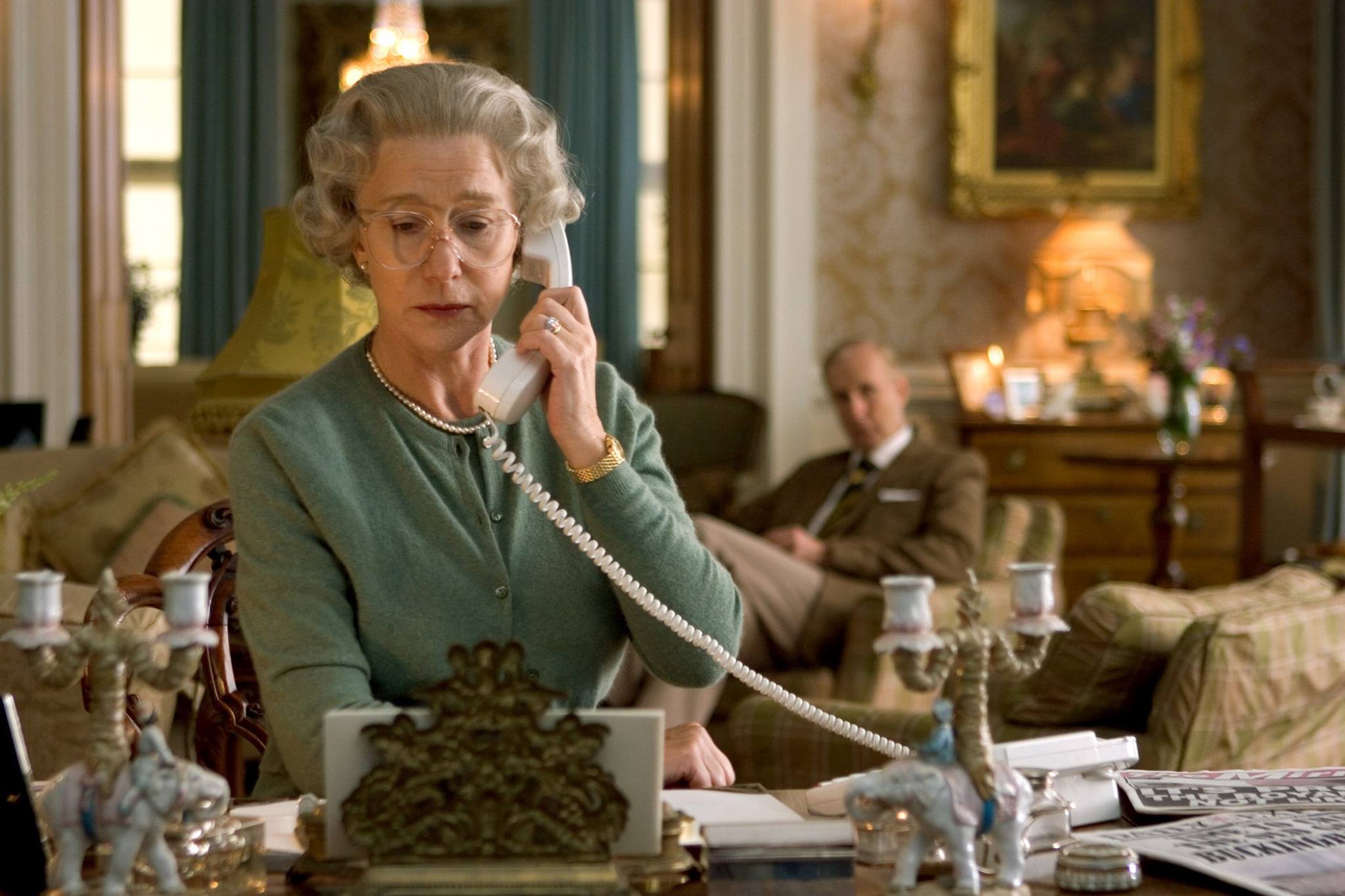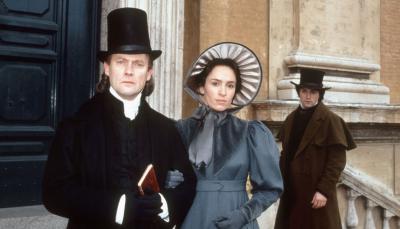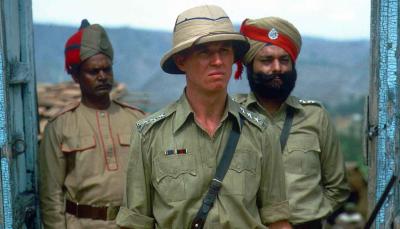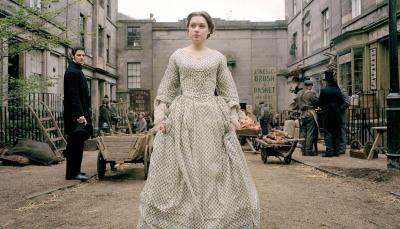Classics Revisited: All Hail 'The Queen,' Still the Definitive Portrayal of Queen Elizabeth II
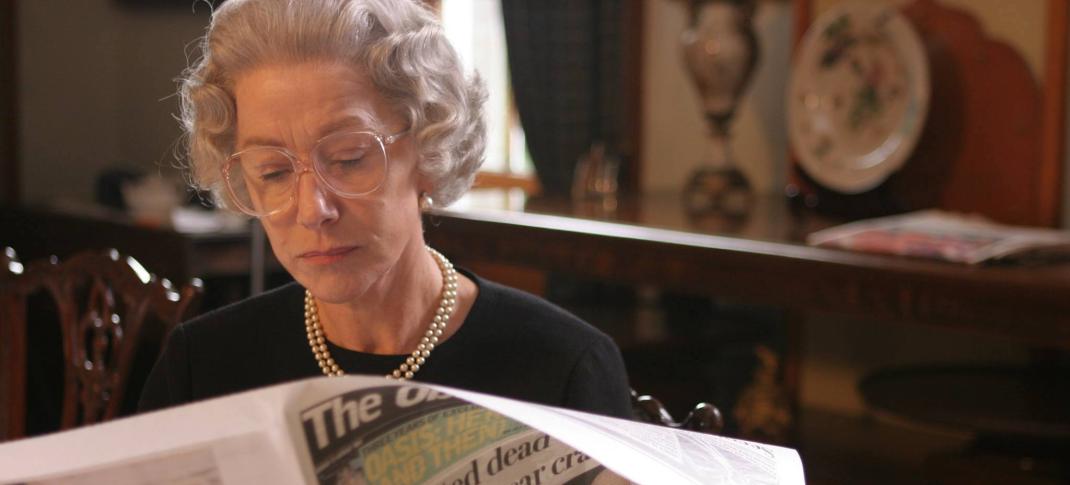
Helen Mirren as Elizabeth II in "The Queen"
(Photo: Miramax)
While Netflix's lavish period drama The Crown may have established itself as the pinnacle of our collective pop cultural shorthand for how we understand not only the reign of Queen Elizabeth II, but the larger struggles of the House of Windsor, Peter Morgan's six-season epic is not actually his best work --- or his most incisive depiction of the institution that The Crown has spent so long trying to unpack. No, that honor belongs to his 2006 film The Queen, a briskly paced, barely 100-minute-long exploration of duty, tradition, modernity, and service that unerringly finds the humanity at the heart of the neverending tension between the woman and the sovereign.
Set in 1997 during the week between Princess Diana's death in a Paris car crash and her funeral in London, the film explores the differing reactions that would shake the monarchy to its foundations, from the Royal Family's clueless but seemingly genuine desire to keep themselves out of the fray of an increasingly dramatic public mourning to Prime Minister Tony Blair's almost Clinton-esque ability to understand that what the British people wanted was someone to feel their pain. That the two sides of this divide --- illustrated via both Diana and Elizabeth, the Queen and the Prime Minister --- are full of rough edges and irreverent humor makes them no less deeply affecting. Morgan smartly refuses to take advantage of the opportunity to mock the monarchy's scandals or make Elizabeth the butt of a joke she would never have been in on.
Instead, The Queen is a quietly nuanced story of compassion --- for a powerful woman coping with a rapidly changing world and struggling to reorient her place within it, for a political leader who finds himself full of a growing sympathy for both a monarch and an institution his party has never particularly supported, and the memory of a woman whose loss devastated people she'd never met.
Helen Mirren (Catherine the Great) is genuinely astonishing in a central performance that's all the more remarkable for how subtle and quiet it is. The actress doesn't particularly resemble Elizabeth Windsor physically, yet her smallest moments --- a raised eyebrow, a shift in stance, a particular way of walking, the unspoken attitude that everyone in a room will shift their attention as hers does --- clearly mark her as royalty. Her every movement tells the story of a woman who has always been seen, yet never truly known, who is the idea of The Queen more than she is ever, simply, Elizabeth.
The polar opposite of Diana, whose messiest secrets made for daily tabloid fodder, this Elizabeth prides herself on her correctness, her reserve, and her ability to know and do precisely what is expected of her. That the world --- and the subjects -- she once thought she understood now seems to demand a different kind of performance from her is something she can scarcely believe, let alone understand. As she repeats at several points throughout the film, their unhinged reaction to Diana's death is so boggling precisely because it is so uncommon. This is not how British people do things. It is not how their nation grieves. Elizabeth, after all, grew up in the shadow of World War II, in which stiff-upper-lip stoicism covered a multitude of tragedies and horrors. Is the fact that she cannot comprehend why one woman seems to have turned decades of a nation's identity on its head really all that shocking?
Mirren is wonderful at expressing volumes while saying very little. So much of this movie relies on her ability to convey the complex shifts of Elizabeth's emotional state without ever being allowed to speak them aloud. In recent years, The Crown has struggled to find space for Elizabeth amidst its increasingly sprawling cast and the drama surrounding the collapse of Charles and Diana's marriage. But what's worse, the character has lost much of the interiority Elizabeth had in earlier seasons, and feels more like a strange caricature than a person. The Elizabeth of The Queen never feels anything less than 100% human, despite her seemingly inhuman status.
But while everyone remembers The Queen for Mirren's towering performance --- and quite rightly, after all, it did win her an Oscar and, later, a Tony and an Olivier Award when she once again played Elizabeth in the stage play The Audience --- nothing about this movie works without Michael Sheen's (Good Omens) performance opposite her as Blair. I supposed you can't really call a movie that also stars James Cromwell (Succession), Alex Jennings (The Undeclared War), Roger Allam (Endeavour), and Helen McCrory (Peaky Blinders) a two-hander, but The Queen is nothing so much as an ongoing conversation between Mirren and Sheen's characters, and the two are dynamite together.
As an actor, Sheen has a long history of playing real-life figures -- he's doing a play in early 2024 where he portrays NHS founder Aneurin Bevan --- but even for him, he's played Tony Blair rather a lot, taking on the role of the former Prime Minister three separate times (in The Queen, The Deal, and The Special Relationship). Yet nothing about his performance comes across as mimicry or caricature. His Blair in The Queen doesn't skimp on the relentless charm that helped make the PM famous, but Sheen also finds the quiet steel and nuanced pragmatism that made him so successful in the job.
This version of Blair displays a bit more wonder than you might expect when it comes to the queen and her office, but Sheen grounds it in a clear respect --- and something that edges charmingly close to affection --- for the woman herself, whom he seems to be believed is being unfairly bullied by a populace that wants something from her that she's been told her whole life was hers to keep. Furthermore, he also seems to understand what several of his New Labour compatriots do not: that the monarchy can and does serve a real purpose both in the minds of the British populace and on the global stage.
Together, Mirren and Sheen find a complicated neutral ground that is as respectful of the queen's rigid formality as it is of Blair's more nuanced understanding of the state of the world following Diana's death. Mirren's Elizabeth is a woman endlessly shaped by the unspoken rules of a job she never asked for --- a responsibility that she watched kill her father when her uncle shirked the duty that was his birthright, a reality that will keep her forever apart from even those closest to her.
This isn't a performance --- or a film --- that asks for (or expects) sympathy for the monarchy or the queen's choices, but rather one that deftly explores how affected Elizabeth was by the insinuation that she somehow owed the public more of herself than she's already offered. That the queen ultimately follows Blair's advice was the right choice, but it was also not without its own cost to her. That The Queen allows us to see that conflict is a big part of the reason it's so great. The Crown could learn some lessons from this movie, is what I'm saying.
The Queen is now streaming on Paramount+.

